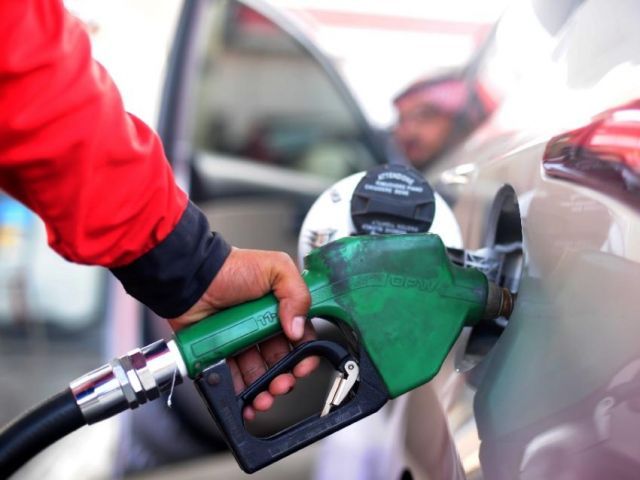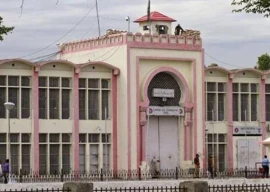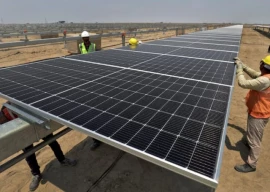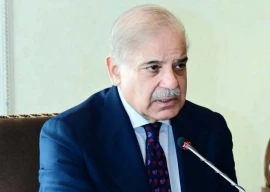
A meeting of committee was held at the Parliament House with its chairman, Senator Mohsin Aziz in the chair. The meeting discussed the recent crisis in petroleum products and the problems faced by consumers, especially in the months of April, May and June.
The committee also took stock of the storage of petroleum products with domestic and foreign companies and reviewed the reasons for not reducing high octane prices and reduction in hi-octane blending component (HOBC) prices on June 4, 2020.
Petroleum division officials informed a senate standing committee that country faced a petrol crisis and not the diesel crisis. The secretary and the director general of the petroleum division also informed the panel that the demand for petrol in the country had increased.
For domestic consumption, they said, petroleum products were imported while the products had also been procured from domestic refineries. They added that due to the coronavirus pandemic, supply of 1.2 million metric tons of Iranian oil, coming through Balochistan, had severed.
The committee was informed that 70% of petrol is imported and 30% came from domestic sources. However, for diesel, 70% of supply was procured domestically, while 30% was imported.
The committee was informed that as the prices of petroleum products rose internationally, the rates were reduced in the country to provide relief to the people. However, the OMCs reduced their supplies from their stocks to avoid losses, which led to the crisis. They added that the government halted the import of petroleum products for a few days due to the lockdown but then allowed it.
They said that the ongoing crisis was artificial, adding that teams headed by director general oil were formed along with FIA, OGRA, HDIT and district administrations, which carried out raids on storage companies.
On June 9, 40 million litres of petrol was seized from the storage of Hascol Petroleum Limited and Gas and Oil Pakistan Limited. An FIR had also been registered against them, while another FIR had been registered against the Shell Pakistan by the KP government, they said, adding that further actions had also been taken against those companies.
Responding to a question from the chairman of the committee, the OGRA chairperson told the lawmakers that oil supply companies were required to store petroleum products for 20 days in accordance with their sales.
“There are 34 OMCs registered in the country. Licences are issued to the companies, which are capable of storing 20-day sales,” the OGRA chief said. “Six companies had been fined for reducing supplies. For the first time bulk stores have allowed to supply petroleum products to other companies.”
PHC orders govt to resolve fuel crisis in 3 days
Member of the committee Senator Yousuf Badini said that when petrol became expensive, companies sold it fervently but whenever it prices were reduced, people faced difficulties. “In the current crisis, high octane, which is very expensive, was being sold instead of regular petrol.”
Senator Shamim Afridi, another member of the committee, said that he had petrol pumps and that they were being forced to buy diesel also if they go for buying petrol.
The committee was informed that the reason for the recent crisis was the OMCs, which had cut their supplies, as a result, many petrol pumps ran dry. The committee also heard the OMCs were reducing the supplies in anticipation that the petrol prices might increase next month.
However, representatives of the OMCS companies denied the accusations. They said that the ministry concerned had always been informed about the stock position of the companies, where the stock was stored and when a cargo arrived.
“We were barred from import,” said the Hascol chief executive. “Our three ships were coming. One had to be cancelled. One of the two ships was held up for 11 days and the other was allowed to unload after 9 days,” he said. “We have to pay the demurrage.”
He said that the ministry had been informed that a crisis could emerge if the import were not allowed. On May 7, only the PSO was allowed import for June.
The Hascol chief executive told the committee that permission was sought for import of 80,000 metric tons, but the permission was given for 50,000 metric tons, adding that only 8-day stock was available on June 1. “Had the imports been allowed on time, the crisis would not have arisen.”
A Shell representative told the committee that two ships of oil supplies had arrived but one ship had to be sent back. “The crisis will end in the next two or three days,” the official added.
PSO officials told the committee that the storage capacity of PSO was 420 million metric tons, while its share of the supply was 37%, which had now soared to 54%. They said that demand for diesel had increased by 140%.
The members of the committee said that they had no confidence in the inquiry committee set up by the petroleum ministry. It was decided the government would be asked to form a joint investigation team, including members of the standing committee, and submit report in 15 days.















1734587529-0/Express-Tribune-(1)1734587529-0-270x192.webp)







COMMENTS
Comments are moderated and generally will be posted if they are on-topic and not abusive.
For more information, please see our Comments FAQ